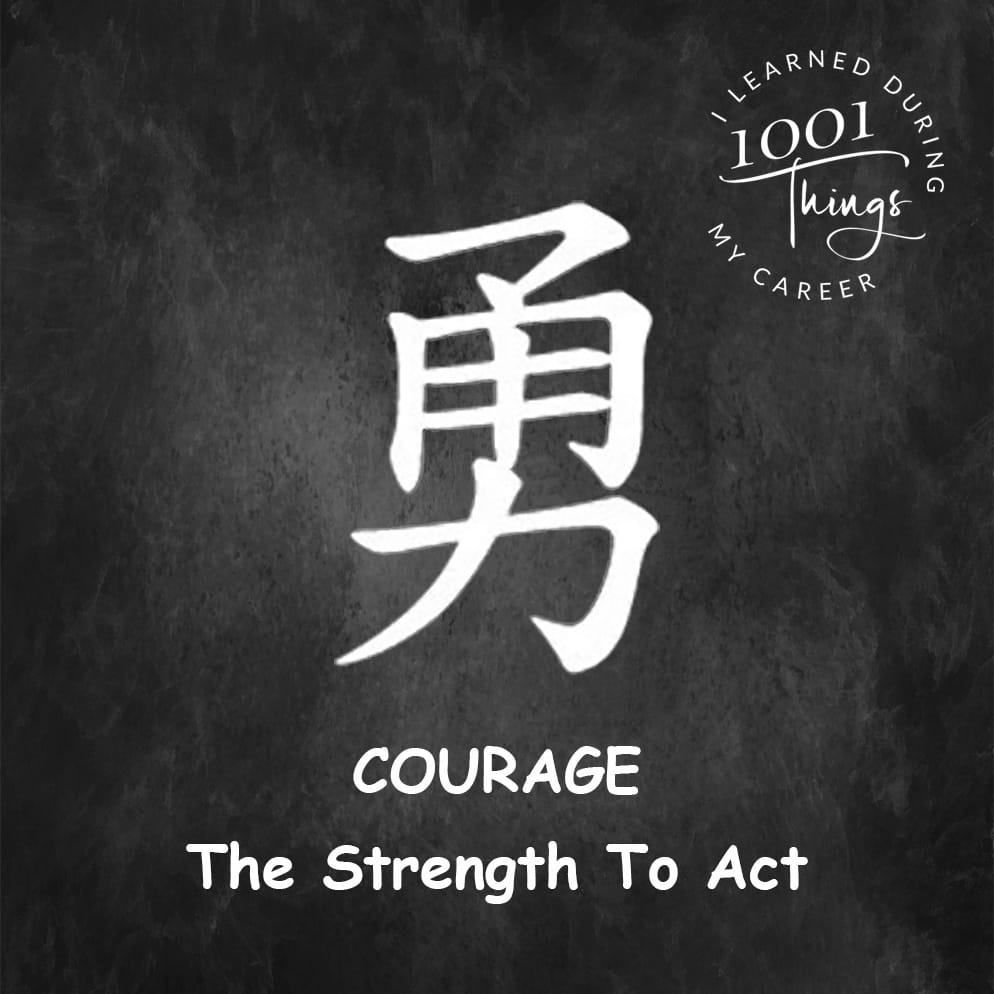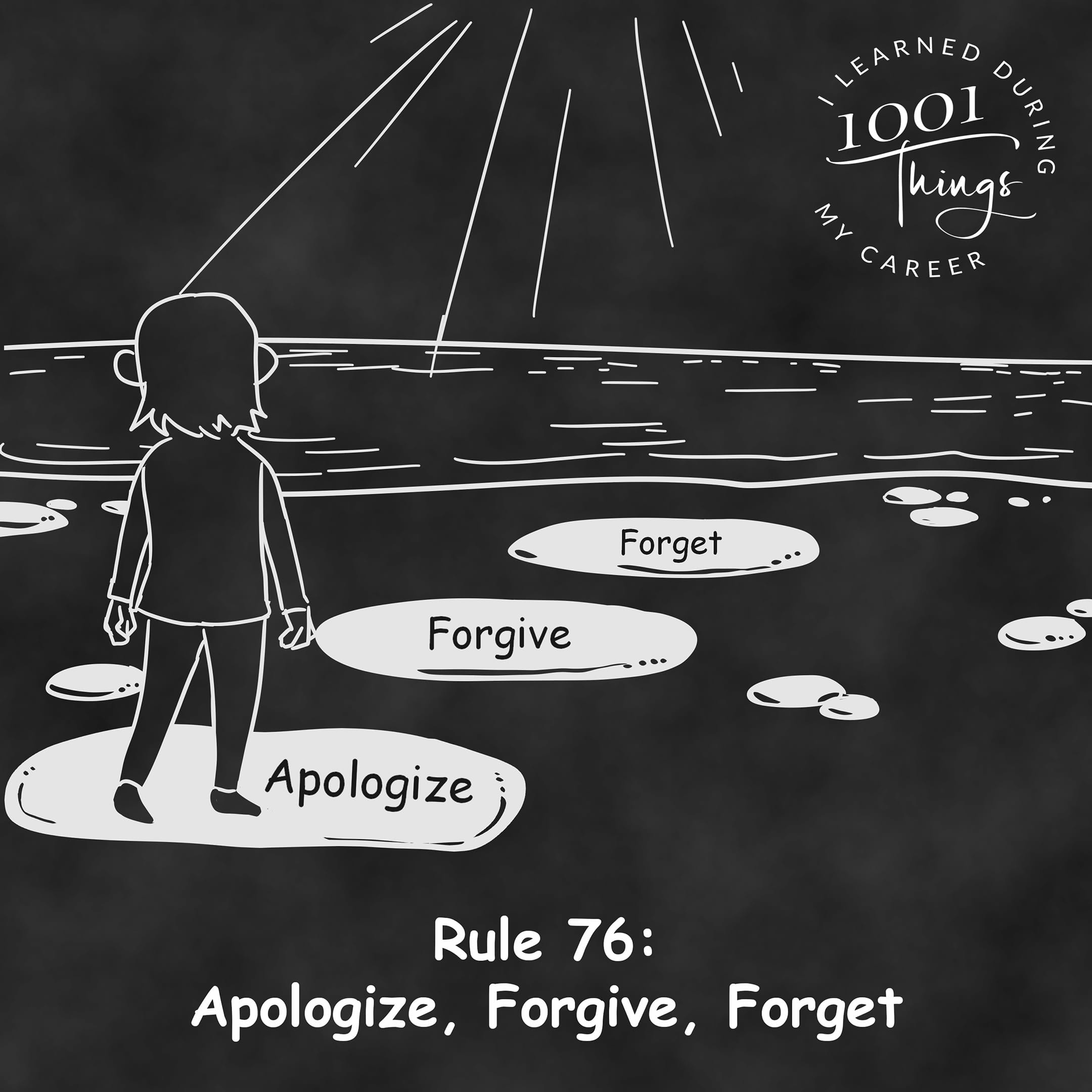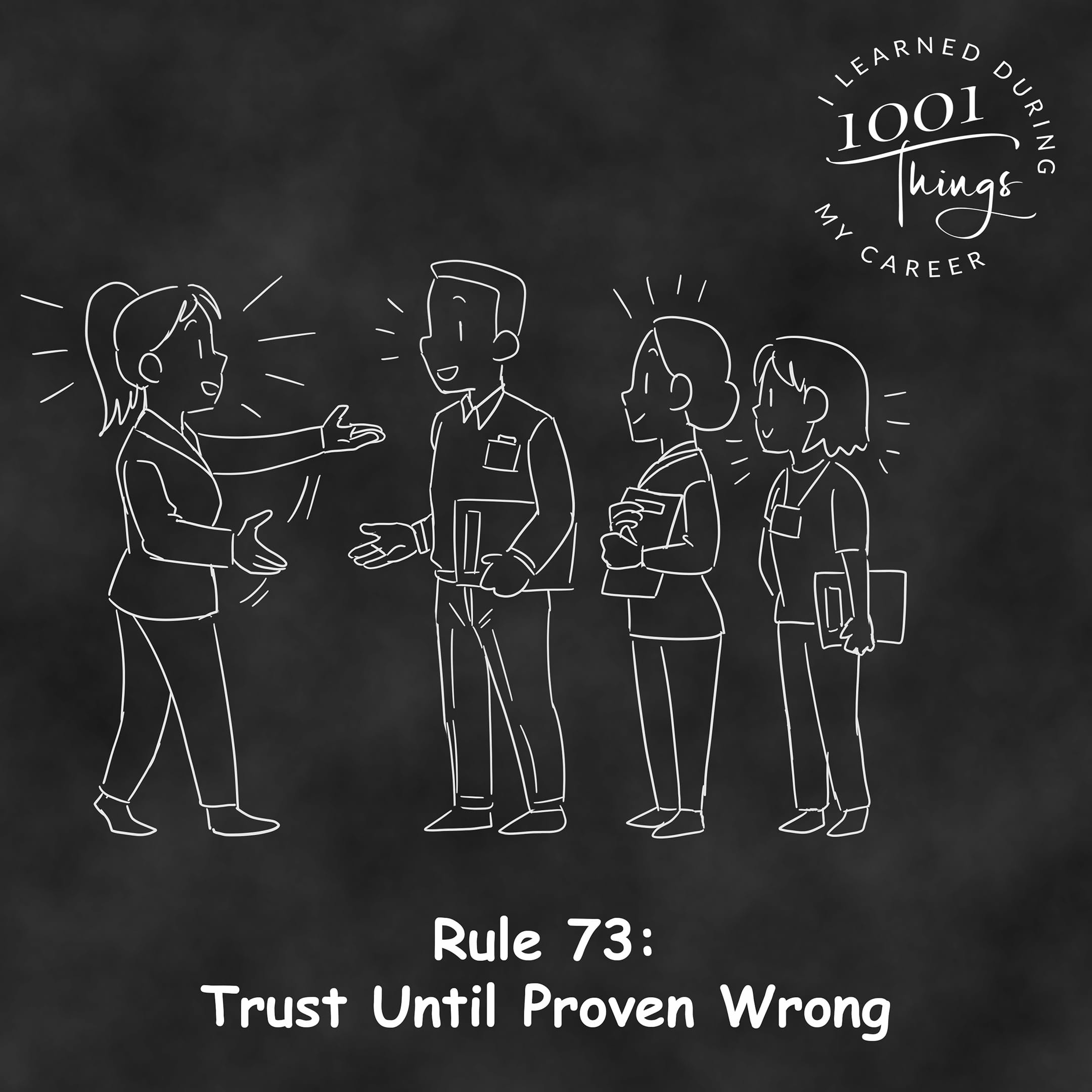Courage is not the absence of fear; it is the ability to act despite it. Yū (勇) in Bushido represents heroic courage, the willingness to take risks for what is right. Samurai warriors did not fear death but feared dishonor, knowing that true bravery lay in standing firm against injustice. They trained relentlessly, preparing not just for battle but for moments that required moral strength.
In leadership, courage is essential. Courageous leaders inspire by example, standing up for values, owning their mistakes, and taking responsibility even in the face of adversity. A courageous leader is willing to challenge the status quo, embrace innovation, and confront difficult conversations. Without courage, organizations become stagnant, individuals suppress their voices, and necessary change never happens.
Take Howard Schultz, the former CEO of Starbucks, who had the courage to speak out on social issues while leading the company’s expansion. Schultz took risks in advocating for employee benefits and diversity initiatives, showing that courage in business goes beyond financial decisions – it’s about standing up for principles that shape a company’s legacy.
In history, Winston Churchill exemplified leadership courage during World War II. His resolute stance against Nazi Germany, despite overwhelming odds, rallied an entire nation and changed the course of history. His famous speeches, unshakable confidence, and refusal to surrender proved that courage in leadership can alter the destiny of nations.
As you reflect on Yū, ask yourself:
- Do I speak up when something is wrong, even if it’s unpopular?
- Do I step outside my comfort zone to drive change?
- Do I take action despite fear of failure?
Courage is what separates leaders from followers. It is the force that drives innovation, resilience, and the willingness to forge new paths in the face of uncertainty. In leadership and in life, true growth comes not from avoiding fear but from facing it head-on.





